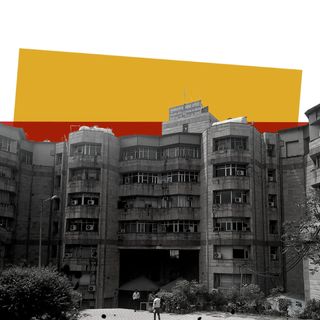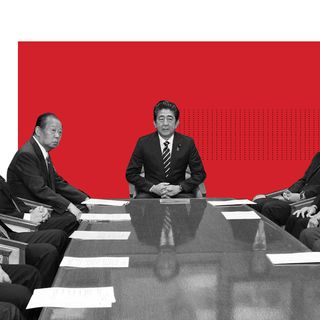The Karnataka Government on February 17 issued a notice directing that parts of a chapter of Class 6 Social Science syllabus should neither be taught nor be used for evaluation — two months after the Karnataka State Brahmin Development Board objected to it. The parts of the chapter omitted are about the origins of Buddhism and Jainism, which the Brahmin Board had said were “insulting” to the Brahmin community and allegedly painted it in a bad light.
The portions mention food scarcity during the Vedic period, which was a result of rituals like homa and havana where priests offered large quantities of food grains, milk, clarified butter (ghee), and other materials to the pyre. The scrapped parts also talk of rituals of animal sacrifice for yagnas and refer to Sanskrit as a language of the priests that could not be understood by common people. The chapter states that these rituals were considered to be the only way to attain moksha (salvation) — inaccessible to the common people because they couldn’t afford to participate. The chapter states these common folk started flocking to Buddhism and Jainism, which taught simpler ways of life. This chapter, however, had been a part of the syllabus for years until the board had taken notice of it.
The Karnataka State Brahmin Development Board had met with Chief Minister BS Yediyurappa in December to raise objections against the chapter. The Karnataka Primary and Secondary Education Minister S Suresh Kumar then wrote to the Commissioner for Public Instruction asking him to drop these portions as the paragraphs were “irrelevant and not suitable for young age.” Such “provocative content” would lead to confusion in the society and hurt the feelings of the people of certain sections of community or society, he had said. He had also asked for the officials to constitute a committee that would examine such content in the social science and language textbooks from class 1 to 10.
Related on The Swaddle:
Revised Maharashtra Textbook Now Includes Chapters on Same-Sex and Single Parent Families
The removal of these portions on the emergence of Jainism and Buddhism, however, has been criticized by scholars for being “arbitrary and undemocratic.” “Experts have done extensive research, and the topics were introduced with a specific objective,” Niranjanaradhya VP, a senior fellow at Centre for Child and Law, National Law School of India University told The News Minute. “Children have the right to know the socio-cultural history, think critically and analyze as to what has happened in the past and why has it happened to develop reasoning. The omission of the lesson from the syllabus takes that opportunity away from the children.” Besides, scholars also say that these omissions will hurt the sentiments of those belonging to other communities as it becomes a one-sided decision to protect the Brahmins.
This is not Karnataka’s first alteration in school syllabi. In July, the government had deleted chapters on 18th century Mysore ruler Tipu Sultan and some sections on the Indian Constitution from the social science curriculum of Classes 1 to 10 for the academic year 2020-21 as they said the students would be studying it in other classes. They had also removed portions on Jesus Christ and Prophet Muhammad, and chapters related to the constitution from the Class 7 curriculum as the state government had said that the pupils would be studying the same in Class 9. “Too much should not be read into the rationalizing of the syllabus,” Made Gowda, director of the Karnataka Textbook Society, had told the media back then.




